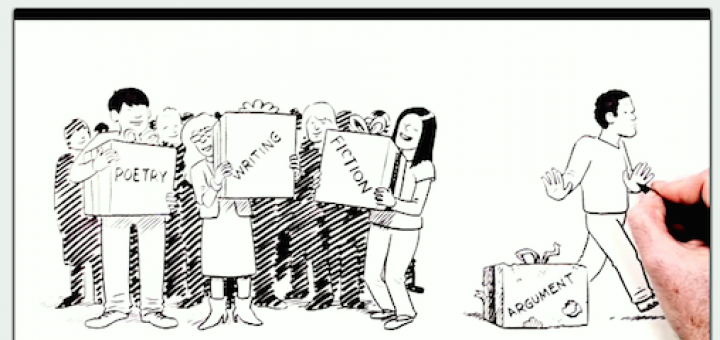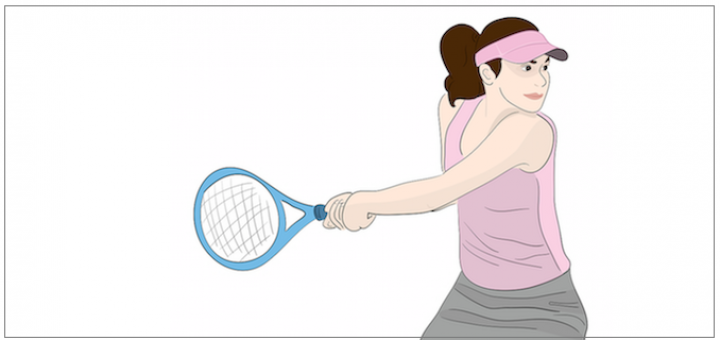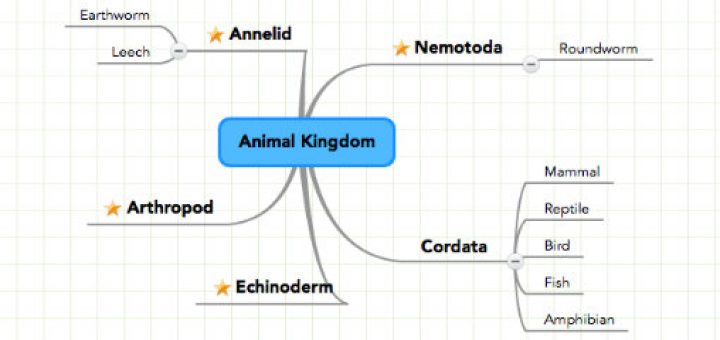Teaching and learning in grades 4-8
Department chair Michelle Russell has spent time this summer thinking about what “productive struggle” should mean for the students in her math classroom. Some research – and several workshop experiences where she struggled herself – have given her new insights.
Due Monday: Bring in 3 pieces of junk to demonstrate Newton’s 3rd Law. That’s a science homework assignment that supports a growth mindset, says science educator Mike Janatovich. Find out why useful junk can engage middle schoolers better than the packaged kits.
Fourth graders draw surprising conclusions when they get the chance to look back at a whole school year. Mary Tarashuk reviews the year with them and makes plans to tweak the experience next year, creating a new graphic organizer she’ll use with her next class.
Eric Jensen provides research plus easy-to-implement strategies around 4 key mindsets for learning – relational, achievement, classroom climate, and engagement – that can help poor students succeed. Consultant Anne Anderson calls it “must” summer reading.
Starr Sackstein shows ways to maximize the benefits of having students reflect on and self-assess their work – for example, by writing actionable goals for later reflection. Reviewer Susan Schwartz likes the ideas but notes activities target older students.
With 184 lessons building on Writers Workshop principles, Stacey Shubitz provides guidance in mentor-text-based literacy instruction that can result in independent and proficient writers. Linda Biondi expects Craft Moves to be part of teachers’ “go-to book” collections.
STEM expert Anne Jolly shares the 9-step process she uses to write a quality lesson that includes some or all of the elements found in the Engineering Design Process (EDP). Included: free downloads of six STEM lesson-writing tools she developed for her new book.
Many teachers are not well equipped to teach “argument” and prepare students for assessments that require them to build an effective claim. Author and consultant Erik Palmer deconstructs current efforts to teach persuasive writing and offers better solutions.
Literacy consultant Regie Routman’s determination to interact meaningfully with her teen granddaughter led her to take up tennis again. Her 10 takeaways apply to life on the court and in the classroom, including the value of joy and the necessity for follow-through.
Concept mapping is one of those underutilized but potentially powerful tools than can deepen learning and teaching significantly. In his new MiddleWeb blog, Class Apps, teacher educator Curtis Chandler shares three online mapping tools to get students started.







































